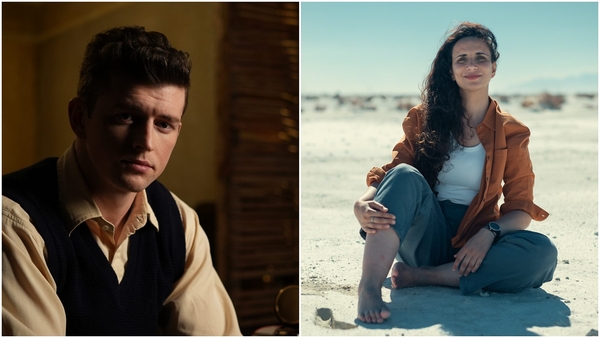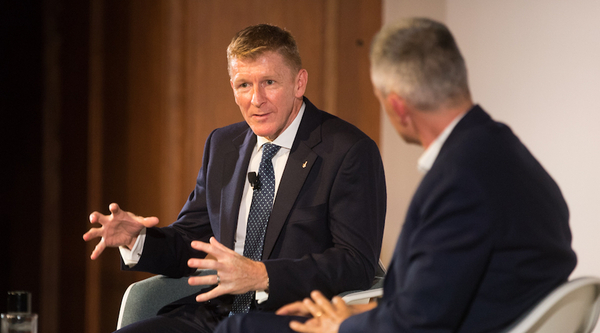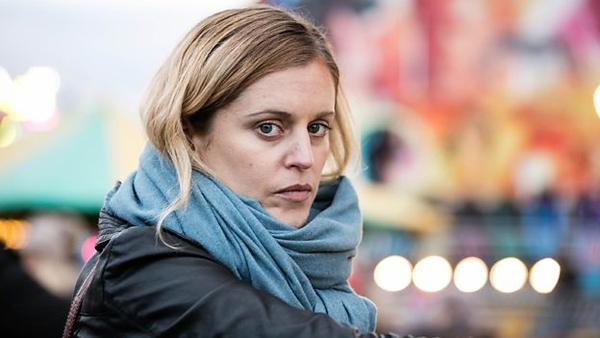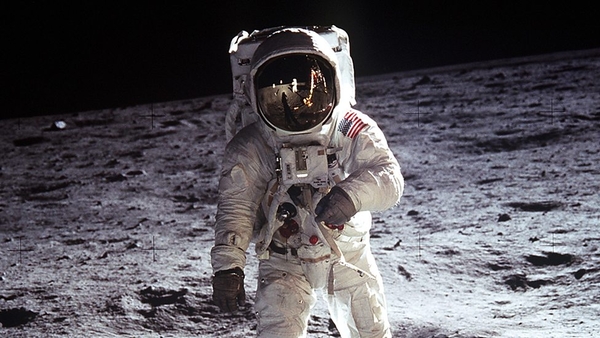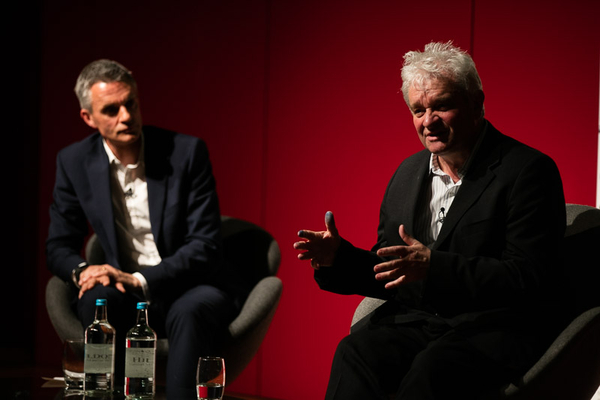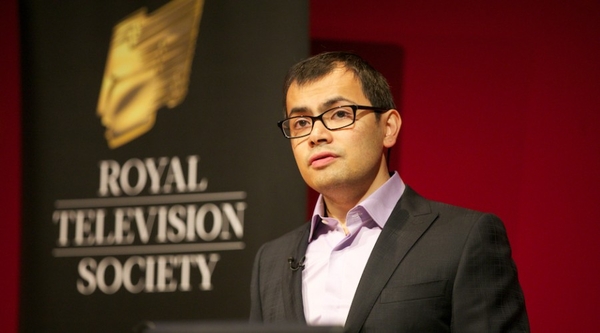D-Day documentary among new History and Science titles for BBC Factual
Each title uses a blend of technology, new and old, to tell stories that stretch decades, sometimes centuries, over human history.
D-Day: The Unheard Tapes (working title) will recreate the “biggest seaborne invasion in history,” telling the stories of the men, women and children who experienced it first-hand. The three-part documentary comes from the creators of AIDS: The Unheard Tapes, and follows a similar format.

